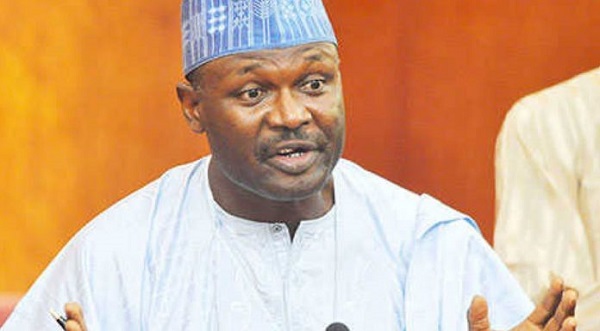This post has already been read 1848 times!
Stakeholders reveal loopholes exploited by politicians
One year after the 2019 general elections, over 60 per cent of political parties that participated are yet to file their statutory returns to the Independent National Electoral Commission (INEC), contrary to the provisions of the Electoral Act.
Before the deregistration of 74 parties by INEC recently, 92 registered parties participated in the February 23 and March 9, 2019 presidential, National Assembly, governorship, and state assemblies elections.
It was learnt that some of the parties, aside from violating the campaign finance laws by spending above the amount stipulated in the Electoral Act, have not also submitted annual statements of assets, liabilities and analysis of their sources of funds to the electoral body.
Section 86 of the 2010 Electoral Act (as amended) empowers INEC to monitor and keep records of the activities of registered political parties in the country, while Section 92 (3) of the same law also mandated political parties to submit their election expenses to the commission in a separate audited return within six months after an election.
The law places a penalty of N1million maximum fine on any political party that acts in contravention of the above section and further says the court may impose a penalty of N200,000 per day in case of failure to submit an accurate audited return within the stipulated period until it is submitted to the commission.
INEC defines election expenses as “expenses incurred by a political party within the period from the date notice is given by the commission to conduct an election up to and including the polling day in respect of a particular election.”
The Guardian could not confirm if the two major political parties, the All Progressive Congress (APC) and Peoples Democratic Party (PDP) were among parties that are yet to submit records of their financial dealings to the electoral umpire.
According to him, corporate entities are not allowed to contribute to political parties by virtue of the provisions of the Corporate and Allied Matters Act.
On the commission’s efforts in ensuring that parties file their statutory returns, Osaze-Uzzi noted that several workshops had been undertaken to enlighten them on financial reporting, proper book keeping and many more. He also said that the commission had organised capacity building workshops for its field and headquarters officers to undertake proper monitoring of the spending of parties as well as engage external auditors to look into the books of the parties.
The Director of Centre for Democracy and Development, Idayat Hassan, in her reaction to the development, lamented how politicians have consistently breached the law on campaign financing. She told The Guardian that specific aspects of the electoral law provided legal loopholes for politicians to exploit in breaching the law on campaign financing.
According to her, “This has served as a legal loophole allowing potential candidates to spend considerable amounts of money prior to the official start of the election campaign. However, the refusal of the political parties to submit the audited returns of their finances remains a challenge, considering the fact that political expenditure can form a decisive advantage in determining the outcome in elections.
“Political parties continue to breach the provisions during the elections by resorting to third party spending. In the 2019 elections, for instance, we witnessed how the Buhari Media Campaign and Buhari Support group resorted to third party spending to run their campaign. INEC will have to do more and try to implement existing rules and explore the option of strategic litigation to address some of the challenges. There is also the need for Electoral Act amendments on the submission of audit and penalties.”
Hassan said that there was the need for a broader definition of election expenses beyond what was incurred by a political party within the period from the date the notice was given by the commission to conduct an election up to, and including, the polling day in respect of a particular election.
Although he said he was aware that INEC came to the PDP’s secretariat to do its findings “but how far is what I would need to find out and communicate to the media.”
The spokesman of the ruling APC, Mr Lanre Isa Onilu could not be reached for reaction.The National Chairman, National Conscience Party (NCP), Dr. Tanko Yinusa, told The Guardian that the party had submitted all necessary information in that regard to INEC, while the National Chairman of African Democratic Congress (ADC), Chief Ralph Nwosu, said he would also need to get in touch with certain people to get accurate information.



